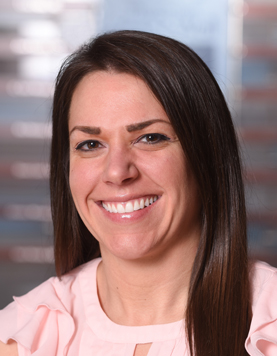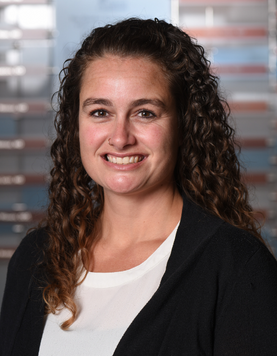what is an anorectal malformation?
An anorectal malformation is a birth defect that causes the anus (the opening that poop comes out) not to develop properly. It occurs in one in every 4,000 babies. Some children are born with an anal opening that is too small, some have an anal opening that is in the wrong place, and some have no anal opening at all. This can happen if the end of the intestine does not separate properly from your child's urinary system (in boys) or their vagina (in girls) while they are still in the womb.
A child who is born with an anorectal malformation might also have problems in other areas of their body. Your child's doctor will do tests to check for these problems as soon as your child is diagnosed.
how are anorectal malformations diagnosed?
When your baby is born a doctor will always check to make sure that a newborn baby's anus is open and in the correct position. If there are questions, different tests may be performed to understand the issue:
- Abdominal X-rays
- Renal ultrasound
- Pelvic ultrasound
- Spinal ultrasound
- MRI
- Echocardiogram
how are anorectal malformations treated?
Your child may need surgery to repair the malformation. If the anal opening is in the right place but is too small, the doctor may only need to use a special dilator to slowly stretch it to make it the right size.
If there is no opening or the opening is not located where it should be, your child will need surgery to repair the defect, which may include placement of an ostomy (opening from the colon to the abdominal wall). The ostomy would then be closed in a future operation.
how will an anorectal malformation affect my baby during and after surgery?
During surgery, your baby will be given general anesthesia, which means the baby will be sleeping. After surgery, your baby will stay in the hospital to monitor their heart rate, breathing, blood pressure and temperature. Many children will need daily stretching of the anal opening for several months after surgery. A follow-up appointment with your baby's surgeon will typically be scheduled two to three weeks after surgery. Frequently, children born with anorectal malformations require long-term follow-up with a pediatric gastroenterologist in addition to the pediatric surgeon. It is very important that you attend the follow-up appointments when they are scheduled.









